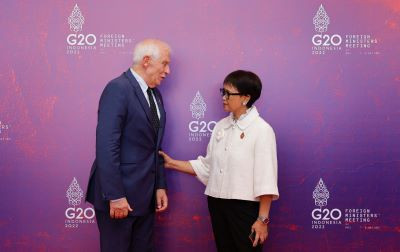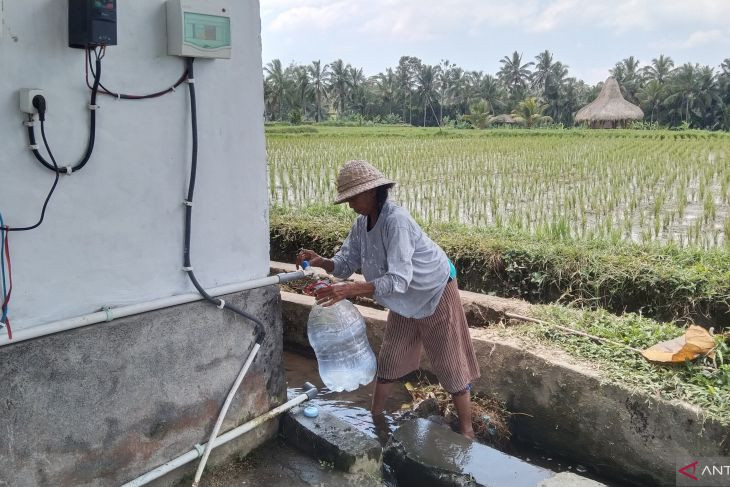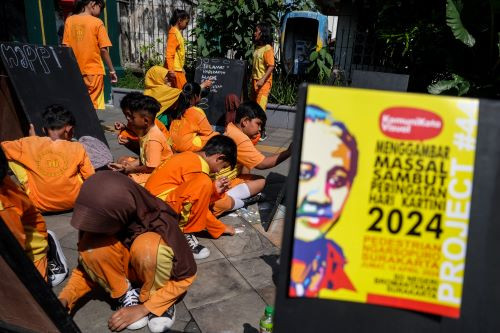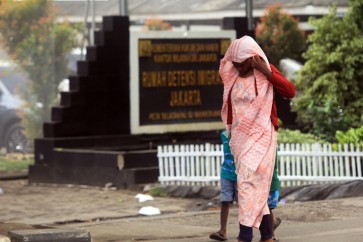Knocking on closed doors: Refugees in ASEAN
According to the European Commission, over 174,000 asylum seekers and refugees currently live in Malaysia, Indonesia and Thailand.
Change Size
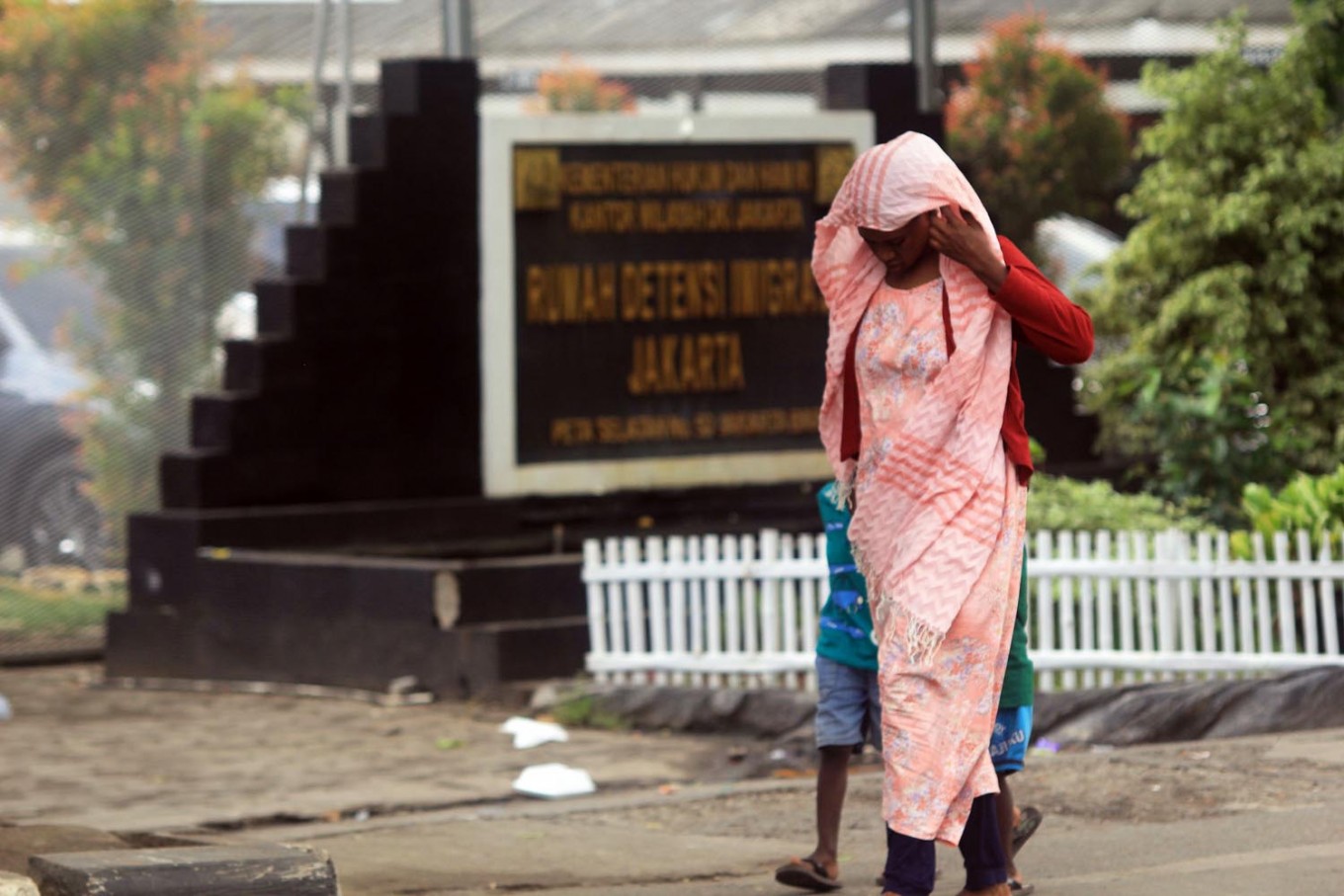 Sticking together: A Somalian refugee and her children walk in front of the West Jakarta Immigration Detention House. (JP/ Rifky Dewandaru)
Sticking together: A Somalian refugee and her children walk in front of the West Jakarta Immigration Detention House. (JP/ Rifky Dewandaru)
“A strong commitment to regional peace and security” was at the core of the Sydney Declaration, issued at the first-ever ASEAN-Australia Special Summit (March 16 to 18), which Australia hosted for the first time as a dialogue partner. The summit, which focused on economic cooperation and cybersecurity, signals Australia’s intention to establish stronger ties with ASEAN countries.
On the humanitarian crisis in Rakhine state, Myanmar, Australian PM Malcolm Turnbull stated, “Our goal is to support the peaceful and speedy resolution of the humanitarian [...] disaster that has resulted from the conflict.” Unfortunately, forced displacement remains a largely unaddressed issue in the region.
The situation of refugees and asylum seekers in ASEAN is greatly affected by the asylum policies of Western countries, particularly Australia. According to the European Commission, over 174,000 asylum seekers and refugees currently live in Malaysia, Indonesia and Thailand.
All three countries are not signatories to the 1951 United Nations Convention on Refugees. The countries that are parties to the convention (Cambodia, the Philippines, and Timor Leste) hold considerably fewer and, in the case of Timor Leste, zero persons of concern.
Indonesia itself has seen an increase in the number of refugees and asylum seekers in the last few years. According to the Overseas Development Institute, Australia’s domestic refugee policy directly contributes to the rising number of refugees and asylum seekers in Indonesia.
Australia had also announced it would resettle no refugee registered in Indonesia after July 2014 and reduced the quota to 450 refugees in 2015-2016.
Australia’s efforts to prevent refugees and asylum seekers from reaching its shores go beyond intercepting those traveling by boat. A study by the Australia Refugee Council’s Asher Hirsch finds that Australia’s extraterritorial non-entrée policies include cooperating with neighboring countries and international organizations such as the International Organization for Migration (IOM) to “deter, detain, and deport” potential asylum seekers before they reach Australia’s borders. Through the IOM, Australia indirectly funds the development of immigration detention centers and other detention facilities in Indonesia.




